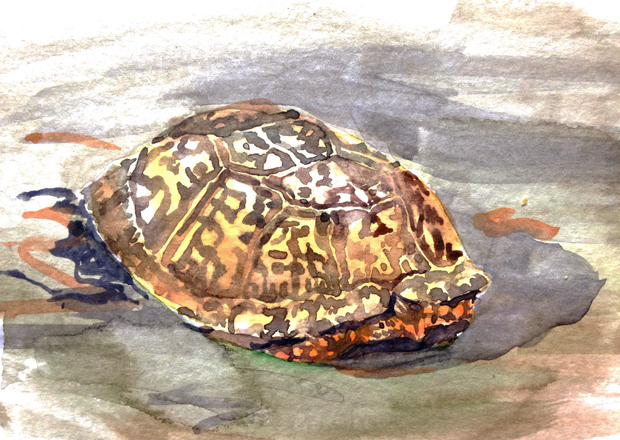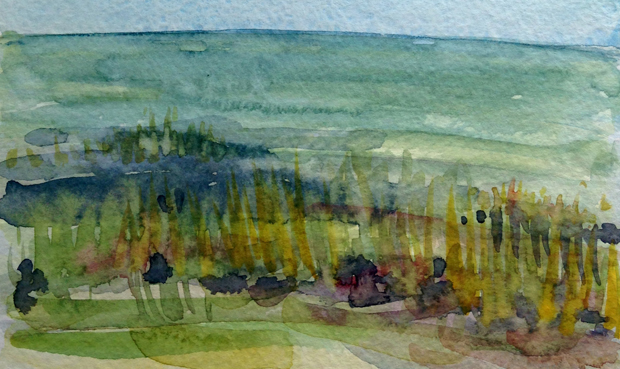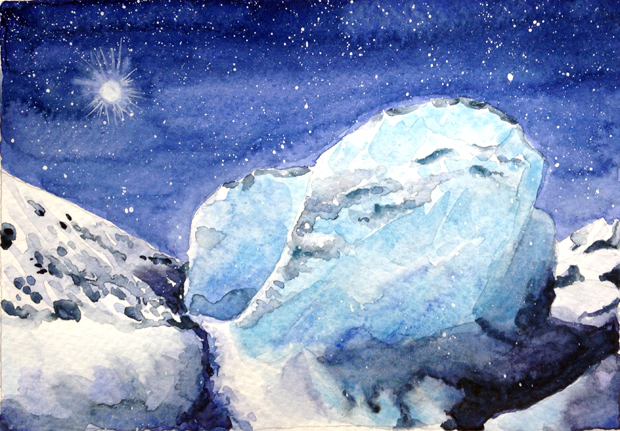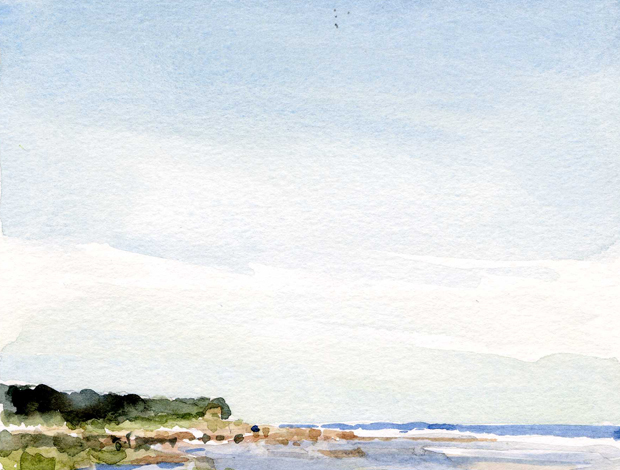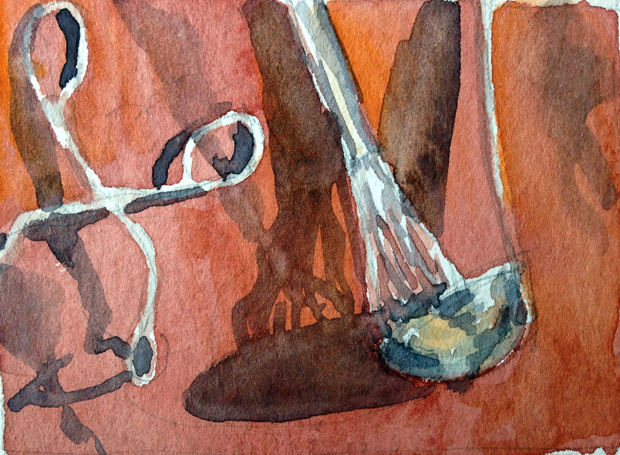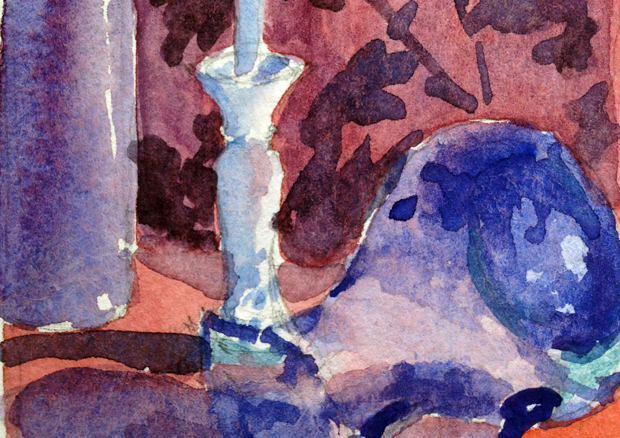I had an exchange on social media after the Paris climate talks, a back and forth of articles and videos with an acquaintance who challenged the veracity and conclusions of what’s known as “accepted” climate science. I let myself be annoyed by his posts, dismissing them as straw men. (The book and film, “Merchants of Doubt,” shows that many of them are). Among the challenges to climate science, the one I find most absurd is that scientists are after big government grants, so they’ll say anything. It’s just not persuasive when you consider that it’s usually leveled by those who DO have a financial stake—like the Koch brothers and others in the fossil fuel biz.
Then I had to laugh. Here I was defending science, when I’m more inclined to question its assumption of human exceptionalism and elevation of reason to exalted status over intuition. Rupert Sheldrake’s book, Science Set Free, shows that modern science, for all its value and rigor, has gotten so dogmatic as to be almost fundamentalist in its stridency. Anything that doesn’t fit the accepted paradigm of materialism is ignored, dismissed, and labeled “anti-science.” Data that doesn’t fit the expected outcome is shoved into a file drawer and not published. Continue reading




